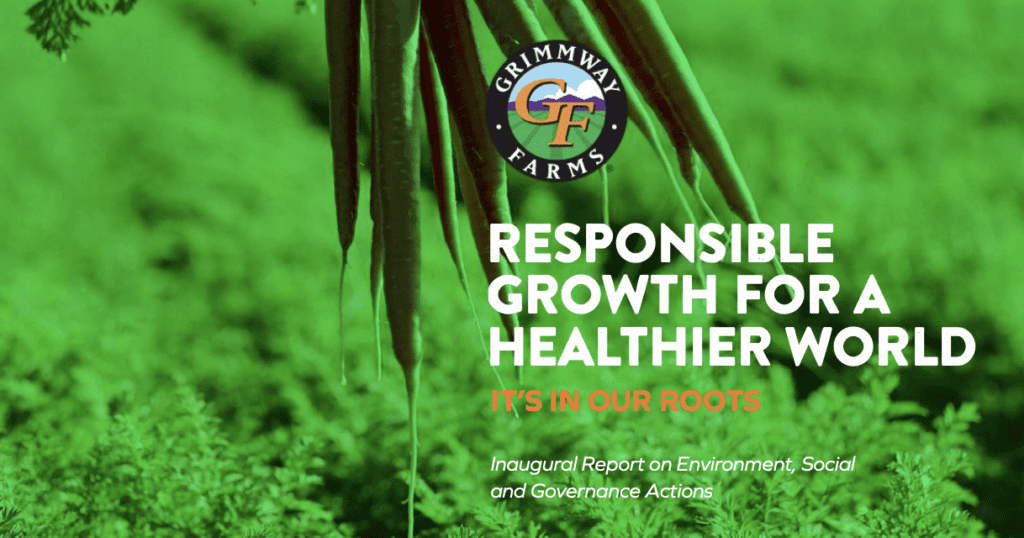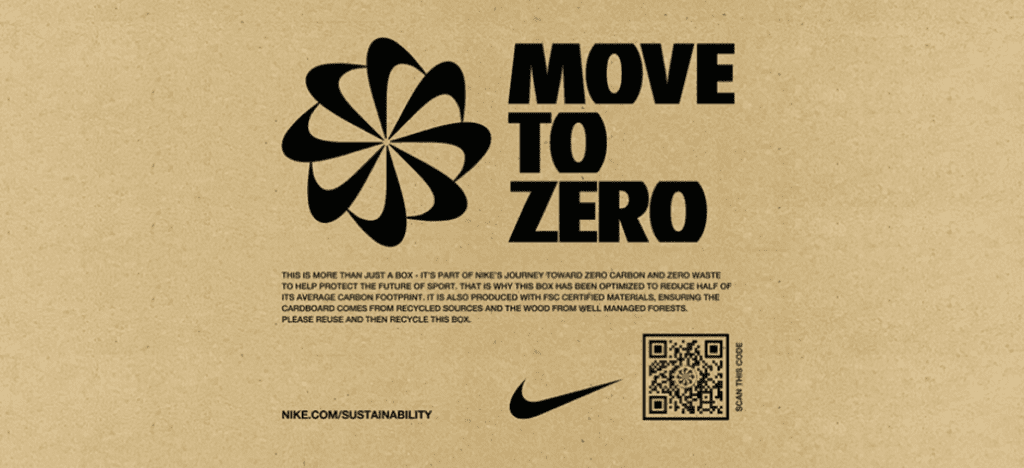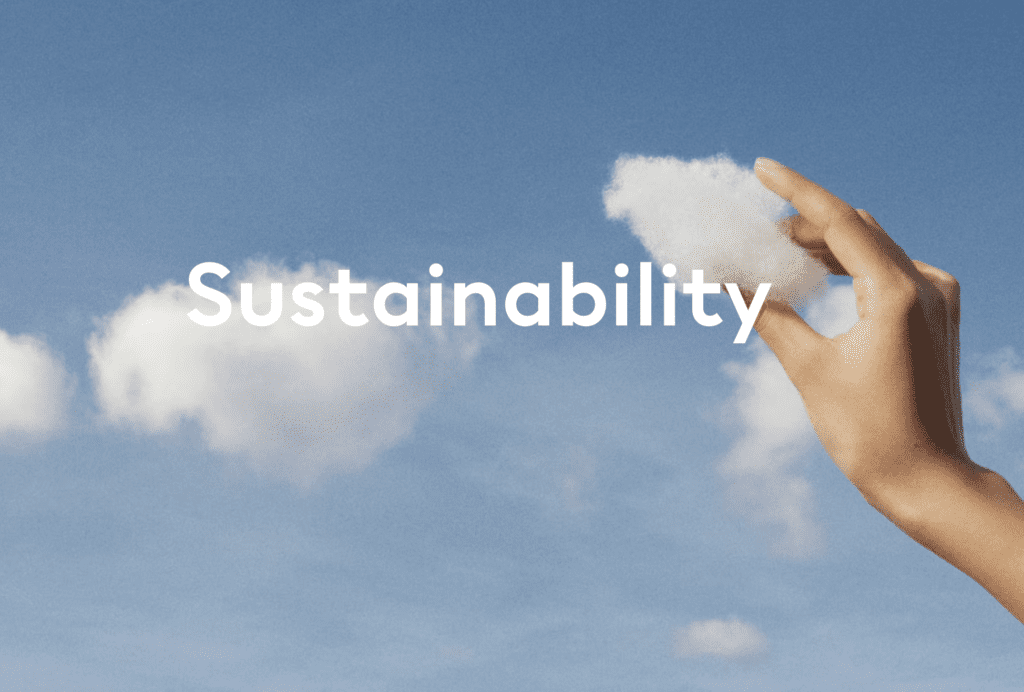A case that considered whether a company may be shielded from ESG-centric false advertising and unlawful business practices claims by California’s anti-SLAPP statute has settled. In a notice this month, counsels for plaintiff Elizabeth Hicks and defendant Grimmway Enterprises alerted Judge Janis Sammartino of the U.S. District Court for the Southern District of California that they have reached a settlement of all Hicks’ claims and resolved the matter in its entirety. The settlement comes less than two years after Hicks filed suit against Grimmway, accusing the organic vegetables producer of misrepresenting the environmental impact of its farming practices in the company’s inaugural Environmental, Social and Governance (“ESG”) report.
According to Hicks’ December 2022 complaint, Grimmway’s statements in its ESG report – namely, the claims about its “regenerative farming” practices, its overall commitment to ESG (including its “responsible farming” activities and its adherence to “the industry’s most rigorous safety standards”), and its efforts to “preserv[e] natural resources” – are “false, deceptive, and misleading” because its farming method causes “severe harm to the ecosystem, and to its neighbors and communities.”

Grimmway sought to escape the lawsuit, arguing that Hicks’ false advertising and unlawful business practices in violation of California Business & Professions Code, and violation of the Consumer Legal Remedies Act claims should be dismissed in accordance with California’s anti-SLAPP statute because they are “impermissibly predicated on Grimmway’s exercise of its free speech rights (namely, political advocacy and statements of public interest).” As a result, Grimmway asserted that Hicks would “fail to establish a probability of prevailing on the merits.”
Hicks countered that “all of the language at issue is ‘commercial speech,’” and thus, Grimmway should not be shielded by the state’s anti-SLAPP statute. To this, Grimmway maintained that the commercial speech exemption does not apply because the challenged statements “were not ‘made for the purpose of obtaining approval for, promoting, or securing sales’ of [its] products,” and instead, “discusses various issues of public interest.”
Simpson Strong-Tie Factors & Commercial Speech
The court sided with Hicks in a decision in June 2023, finding that the four factors in Simpson Strong-Tie Co. v. Gore weigh in favor of the language in Grimmway’s Report being commercial speech and thus, the agricultural company should not receive anti-SLAPP protections.
The four Simpson Strong-Tie factors are: (1) the cause of action is against a person primarily engaged in the business of selling or leasing goods or services; (2) the cause of action arises from a statement or conduct by that person consisting of representations of fact about that person’s or a business competitor’s business operations, goods, or services; (3) the statement or conduct was made either for the purpose of obtaining approval for, promoting, or securing sales or leases of, or commercial transactions in, the person’s goods or services or in the course of delivering the person’s goods or services; and (4) the intended audience is an actual or potential buyer or customer, or a person likely to repeat the statement to, or otherwise influence, an actual or potential buyer or customer.
Delving into those factors, Judge Sammartino primarily held that “it is undisputed” that Grimmway – a “grower and shipper of carrots and organic produce” – is primarily engaged in the business of selling goods. As for the second factor, the court found that Grimmway’s ESG Report contains “several representations of fact about [its] business operations and goods,” including “boasts of [its] ‘Environmental Stewardship,’ ‘Leadership in Organics,’ low-emission farm equipment, ‘Responsible Farming Practices,’ and ‘Quality Assurance and Food Safety.’” One section of the ESG Report is “pointedly titled ‘Operations’ and describes [Grimmway’s] efforts to ‘increase productivity, food safety and quality, and accountability,’” according to the court, which found that the second factor is present here.
Third, the court found that the ESG Report “was created, at least in part, to promote [Grimmway’s] goods or services.” The court stated that “significant sections of the ESG Report discuss topics not strictly tied to [Grimmway’s] goods and services,” such as sections on “Employee Health and Wellness” and “Diversity, Equity, and Inclusion.” However, the judge ultimately determined that the third factor was met, as “the overall message of the ESG Report” is the promotion of Grimmway’s “products and its brand more generally.”
Finally, despite Grimmway’s argument that the ESG Report was merely directed to “internal and external stakeholders like employees, policymakers, and advocacy groups,” Judge Sammartino decided that the ESG Report’s audience consists of “actual and potential customers, as well as organizations likely to influence potential customers,” which meets the fourth factor. Among other things, the court emphasized the fact that Grimmway published the ESG Report in its website, “where direct customers and end-consumers could access it,” and subsequently promoted it on social media, which “supports the conclusion that the ESG Report was used to target [its] actual and potential customers.”
THE BIGGER PICTURE: While Grimmway failed in its quest to claim protection under California’s anti-SLAPP protections, it could have still potentially prevailed in the case had Hicks failed to show that the statements at issue were “false, deceptive, and misleading” – perhaps because they could be sufficiently substantiated or maybe more likely, because they amount to unactionable puffery. We will, of course, never know in light of parties’ the settlement.
It is worth noting that the case comes amid a mix bag of rulings over companies’ ESG claims, including a number of wins for advertising brands …
Nike, for instance, recently beat a lawsuit that accused it of “greenwashing” thousands of its products, with a federal court in Missouri finding that the plaintiff failed to plead that she acted as a reasonable consumer would. In other words, as Katten’s Christopher Cole stated in a recent note, “The reasonable consumer is typically never exposed to all [of a defendant’s advertising] statements in the way that plaintiffs’ counsel assembles them and, therefore, cannot reasonably be said to have been misled to purchase a product based on the plaintiffs’ suggested narrative.”

Meanwhile, Sephora prevailed in a lawsuit accusing it of misleading consumers by way of its marketing of “clean” beauty products. In an order in March, a federal court in New York granted Sephora’s motion to dismiss the false advertising, fraud, and breach of warranty lawsuit waged against it, finding that the plaintiff failed to show that the LVMH-owned beauty retailer made any “material, false statements.”
And still yet, H&M escaped a lawsuit last year for allegedly marketing its Conscious collection products as “sustainable” or “environmentally friendly” when they are not. The court’s decision in that case is part of “a growing body of case law that supports the proposition that ‘sustainable’ claims are qualifiable and supportable in some contexts,” per Haynes Boone’s Tiffany Ferris, Joseph Lawlor, and Emily Ketterer. Even still, they state that “the FTC’s position is that vague General Environmental Benefit Claims are best avoided unless stringent criteria are met.”
The case is Hicks v. Grimmway Enterprises, Inc., 3:22-cv-02038 (S.D.Cal.).











